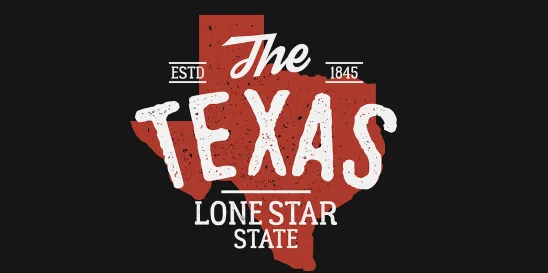Proving that everything is bigger in Texas, the state’s Comptroller is now assessing marketplace providers on 130% of their sales. It seems a sales tax on 100% was not big enough for tax officials in the Lone Star State. The additional 30% is a tax on the portion of the product sales price kept by marketplace providers. Talk about double dipping…
Like all states following the Wayfair decision, Texas adopted a marketplace law in 2019 that required marketplace providers to charge tax on 100% of the sales price for products sold over the platform by third-party sellers. Apparently unsatisfied, the Texas Comptroller has decided to assess tax on 130% of marketplace sales, with the additional 30% a double tax on the portion of the sales proceeds paid to the marketplace provider as a commission.
In most marketplaces, the provider charges a commission for allowing a third-party seller to use the platform and its services, like advertising and access to the platform’s user base. As most commissions are typically in the 30% range, Texas is demanding that marketplace providers pay tax on 130% of the sales price and charge the consumer for tax on the 100% and the seller for the 30%.
Without notifying the public, Texas is asserting, on audit, that these commissions are taxable. This position is contrary to a long-standing administrative ruling that was issued in 2012 and quietly revoked by the Texas Comptroller in 2020.
A quick example illustrates how aggressive this position is and the negative impact it will have on marketplace sellers in Texas: Take a book collector in Austin who is selling used books through a marketplace provider and sells a $100 rare Bible to a customer in Dallas. Historically, the marketplace provider would charge an 8% sales tax on the $100 Bible and send that $8 to the Texas Comptroller.[1] The marketplace provider would then take its $30 commission and send the balance of $70 to the local bookseller.
Now, the Texas Comptroller is telling the marketplace provider, on audit, that the $30 commission it received is separately subject to the sales tax. The marketplace provider in the example should have collected an additional $2.40 in sales tax on its receipt of the commission, resulting in an effective sales tax rate on the transaction of 10.4% (again, with no legislative authority or change behind this view). Instead of getting $70 in revenue, the bookseller will only receive the net after sales tax, or $67.60. While this reduction may not seem like much, it will be the difference between being profitable and losing money for some Texas-based sellers. For the Texas Comptroller to make this policy change without legislative blessing—and while the state is enjoying a record budget surplus—should raise alarm bells.
How does the Texas Comptroller get there? First, it deems the commission payment a transaction separate and distinct from the underlying sale of the Bible in the above example. Second, it looks at the services the marketplace provider offered the bookseller and concludes that those services are the provision of taxable data processing representing more than 5% of the total charge.[2] With this change, the Texas Comptroller is limiting the sourcing determination to commissions paid by sellers located in Texas, though it wants to tax all transactions regardless of where the product is shipped.
How is the Texas Comptroller enforcing its position? By auditing marketplace providers and asserting deficiencies for failing to collect and remit the sales tax on the commission payments by sellers in Texas. The problem for many marketplaces is that there’s no second “transaction” in their business model and the tax calculation software won’t function if there’s no transaction to run through the system. Even if there are two entries as part of the transaction, Texas wants to source them differently; the good to where it is shipped and the commission to where the seller is located. These problems make it impossible for many to comply with these new demands of the state.
Are there defenses to the Texas Comptroller’s audit position? You bet. The state’s view is premised on a belief that everything that touches a computer is data processing. However, that is just not the case. Individual company facts will be important in determining whether you’re selling data processing. However, in the cases we’ve seen, providers are charging a commission for access to the platform and its customer base.
While we expect this issue to make its way to the courts, we are at the beginning of a battle at the Alamo that likely will last the next five years.
The good news for some is that Texas is making marketplace providers a go-forward offer they can’t refuse. If you are in this situation and need advice on navigating this new and complex Texas discussion, please reach out to the authors of this article.
________________________________________________________________________________
[1] Texas has a variety of local rates, and the average is about 8%. This example assumes the purchaser is in a locality with an 8% total sales tax rate and the bookseller is in Texas.
[2] Tex. Tax Code §§ 151.0101(12), 151.0035., 34 Tex. Admin. Code § 3.330(d)(2).






 />i
/>i

